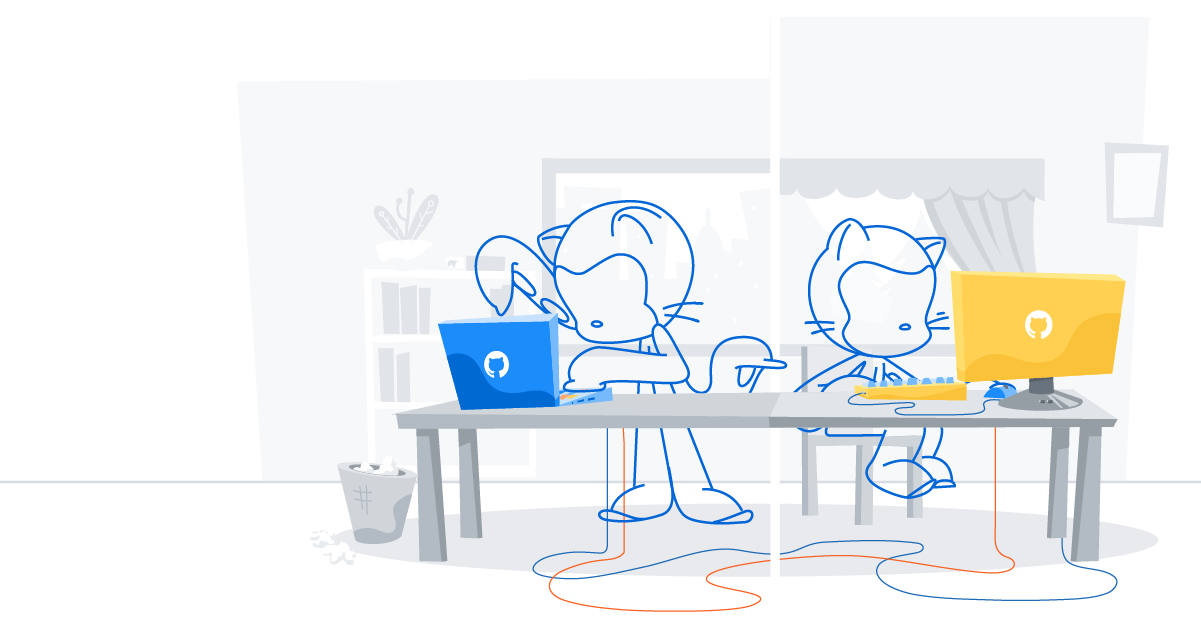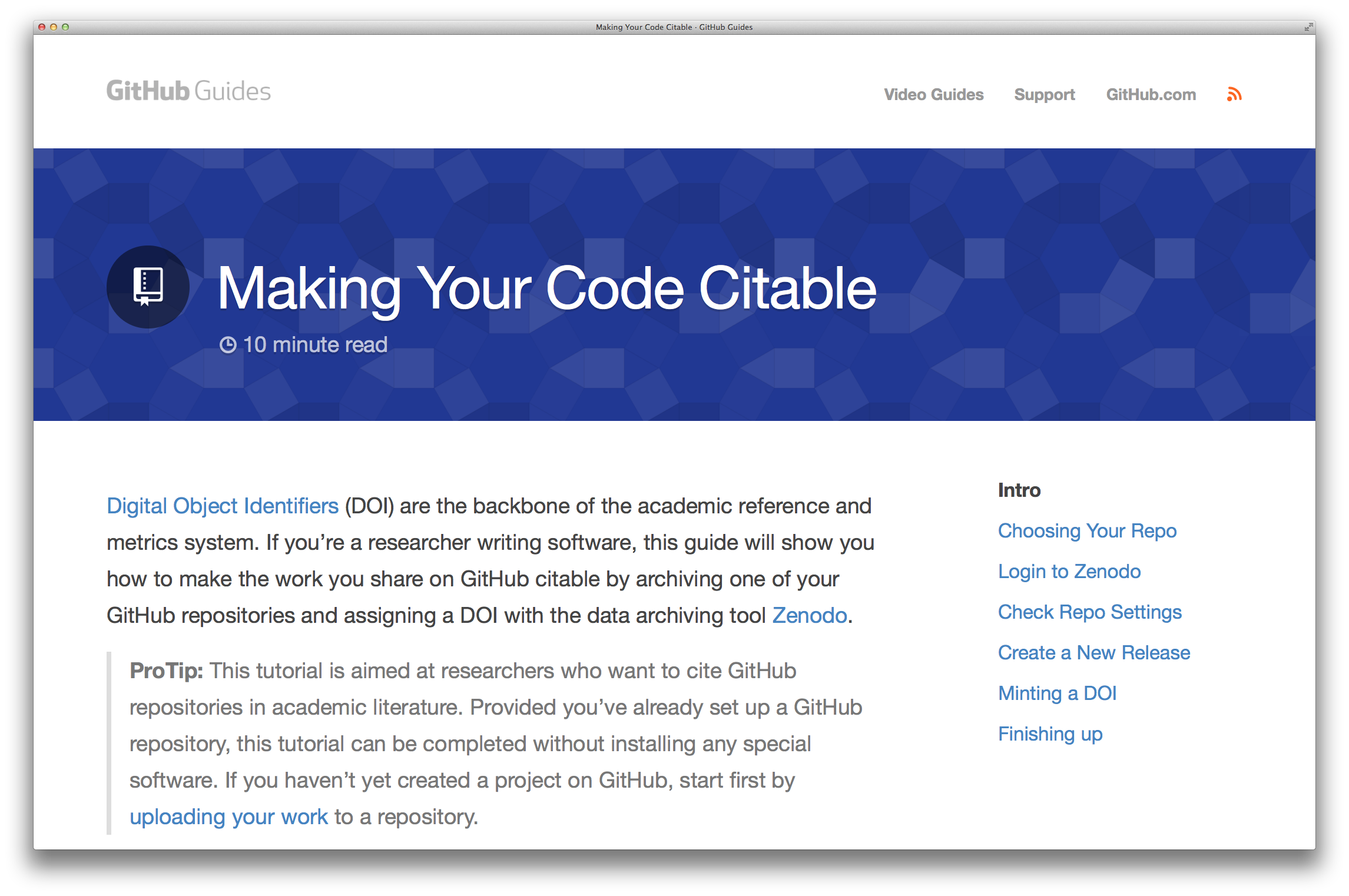Improving GitHub for science
GitHub is being used today to build scientific software that’s helping find Earth-like planets in other solar systems, analyze DNA, and build open source rockets. Seeing these projects and all…

GitHub is being used today to build scientific software that’s helping find Earth-like planets in other solar systems, analyze DNA, and build open source rockets.
Seeing these projects and all this momentum within academia has pushed us to think about how we can make GitHub a better tool for research. As scientific experiments become more complex and their datasets grow, researchers are spending more of their time writing tools and software to analyze the data they collect. Right now though, these efforts often happen in isolation.
Citable code for academic software
Sharing your work is good, but collaborating while also getting required academic credit is even better. Over the past couple of months we’ve been working with the Mozilla Science Lab and data archivers, Figshare and Zenodo, to make it possible to get a Digital Object Identifier (DOI) for any GitHub repository archive.
DOIs form the backbone of the academic reference and metrics system. With a DOI for your GitHub repository archive, your code becomes citable. Our newest Guide explains how to create a DOI for your repository.

Academic accounts on GitHub
We also know that as a scientific researcher, sometimes you’re going to want to work privately. That’s why we’ve created a discount where individual academic researchers can receive a free micro plan with 5 private repos, while research groups can receive a free silver plan with 20 repos.
To set up an academic account on GitHub, first associate an academic email address with your account and then request a GitHub Education discount.
Awesome science happening on GitHub
If you’re interested in seeing all the science happening on GitHub, check out some of our favorite projects, including rOpenSci. This group recently held a Hackathon at GitHub HQ, where their team worked with collaborators from academia, business, and various research labs to build open source tools for science.
Written by
Related posts

GitHub availability report: January 2026
In January, we experienced two incidents that resulted in degraded performance across GitHub services.

Pick your agent: Use Claude and Codex on Agent HQ
Claude by Anthropic and OpenAI Codex are now available in public preview on GitHub and VS Code with a Copilot Pro+ or Copilot Enterprise subscription. Here’s what you need to know and how to get started today.

What the fastest-growing tools reveal about how software is being built
What languages are growing fastest, and why? What about the projects that people are interested in the most? Where are new developers cutting their teeth? Let’s take a look at Octoverse data to find out.